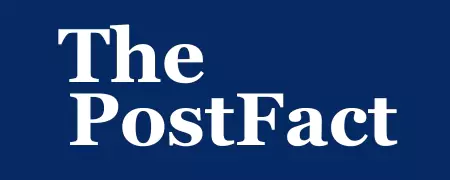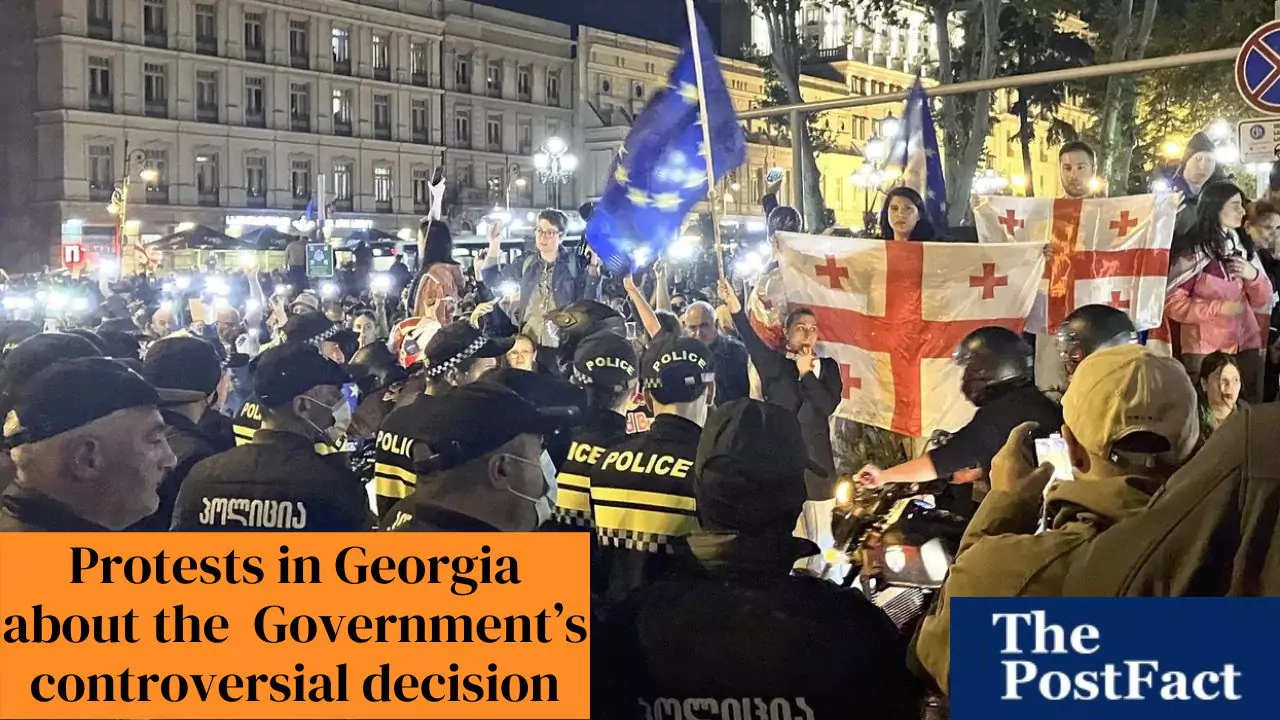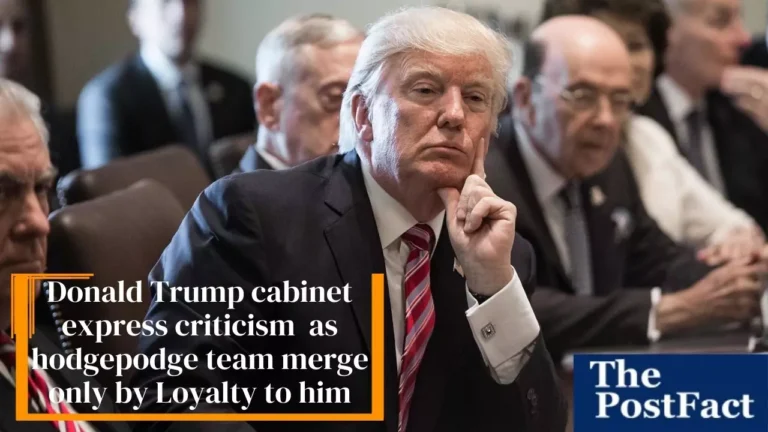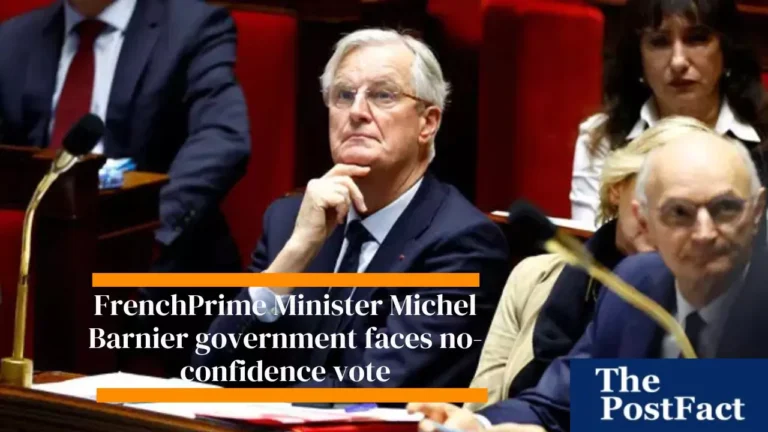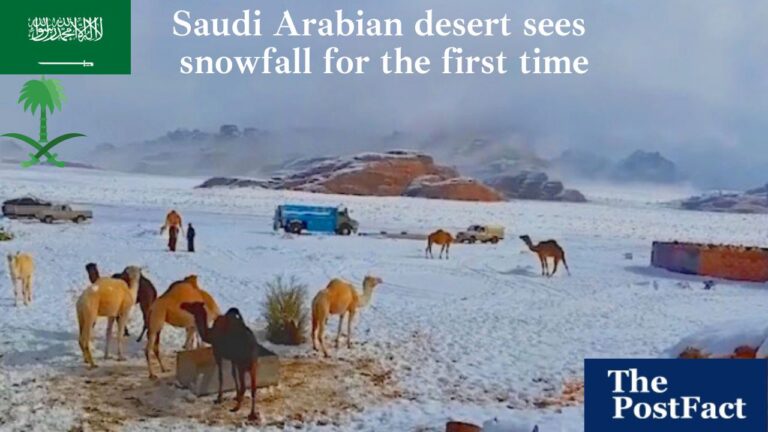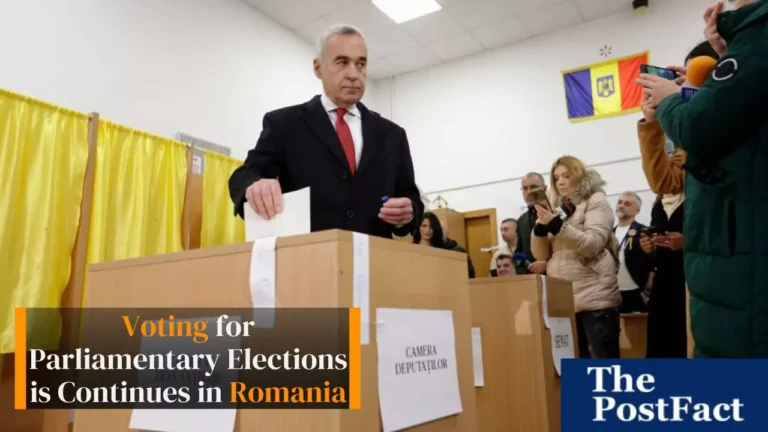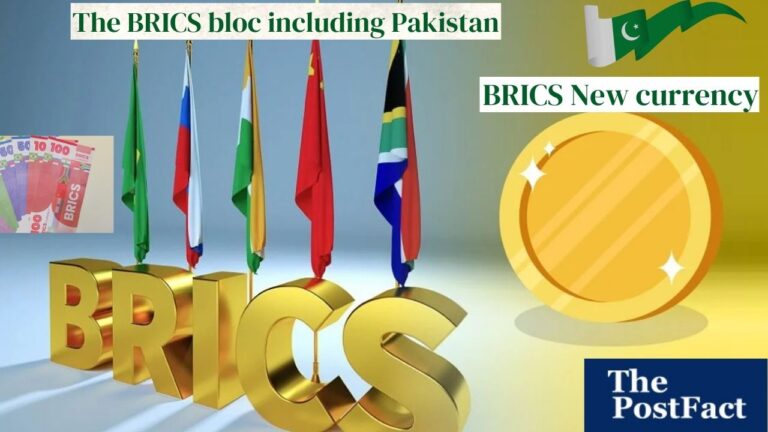Georgia Protests About the Government’s Controversial Decision
Every evening for the past week tens of thousands of Georgia protests have gathered on Rustaveli Avenue waving EU and Georgian flags. They accuse the ruling Georgian Dream party of abandoning their European future for closer ties with Russia.
They say they will continue protesting despite a brutal response from police. Witnesses have described being beaten by masked special forces.
Protests in Tbilisi
Thousands of Georgians gathered in the capital city on Sunday night to protest government actions. They waved EU flags and threw fireworks at police, who used water cannon to disperse them.
The governing Georgian Dream party says it is acting to defend the country against Russian interference. But critics say it is pursuing a policy of creeping authoritarianism and pulling the former Soviet republic back into Russia’s orbit.
CNN interviewed several people who said they had been assaulted by special forces – masked, unidentifiable men – as part of the government’s crackdown. The Civil Society Foundation says the force is growing, and now includes hundreds of officers, including members of the controversial, secretive Special Tasks Department under the command of Zviad Kharazishvili.
Many observers say the government’s tactics are dangerously excessive. Pro-EU President Salome Zourabichvili, who won the presidency in October in elections that the opposition alleges were rigged, condemned the use of force as “brutal terror and repression” in a post on X.
But some say the crackdown has only strengthened the protest movement’s resolve. Giorgi Gamgebeli, a freelance photographer who sprained his ankle in a clash with police, says he will return to the streets every night until the government backs down. Even if he needs crutches to get there. “I don’t see a way out without renouncing the decision,” he said.
Protests in Kutaisi
Hundreds of Georgians marched in Kutaisi on Monday against a controversial new law aimed at reducing Russian influence in the country. The “foreign agents” bill requires non-governmental and media organisations that receive more than 20 percent of their funding from abroad to register as bodies “pursuing the interests of a foreign power.” Critics say it would curb freedom of speech and damage Georgia’s prospects for European integration. The EU’s new foreign policy chief, Kaja Kallas, voiced solidarity with protesters on social media.
The protests have grown in size and scope over the last week. Opponents of the ruling GD party accuse it of cracking down on democracy and aligning Georgia more closely with Vladimir Putin’s Russia.
The demonstrators are adamant that the government scrap the controversial foreign agents law and rethink its approach to Europe. They also demand that the government stop repressing protesters, and release the prisoners of conscience from detention.
The escalation of the protests has caught the authorities by surprise. They are scrambling to contain the unrest, while citizens seem determined to push on with their demands. The police have arrested dozens of citizens. Dozens more have been injured, many of them suffering serious wounds to the head and body. Some are reportedly in a critical condition. Some have also reported being sexually assaulted by the police.
Protests in Batumi
The government has been accused of inflicting serious physical and psychological damage on hundreds of demonstrators. Tamar Oniani, a human rights lawyer, said that investigations into alleged police abuses never resulted in any punishment for officers.
Activists say that the arrests and the use of water cannon to disperse protesters have escalated their determination to keep up the pressure. Lazare Maghlakelidze, 20, said policemen threatened to rape him and hit him in the head several times during his detention on Monday. He has a head injury and a broken nose, but he is determined to continue the protests.
Protests have spread across the country, involving thousands of people. They see the government’s U-turn as a betrayal of Georgia’s national aspiration to become part of the EU, a goal enshrined in the constitution.
The president, Salome Zourabichvili, has refused to recognize the election results and argues that the ruling party, Georgian Dream, violated electoral laws. She has also called on Western countries to cut off donor funding.
The opposition and the West are urging the government to respect the right of citizens to peaceful assembly, impose an independent judiciary and stop the crackdown on the media. But the billionaire GD leader, Bidzina Ivanishvili, has dismissed those calls as “nonsense.” He has pushed forward a preposterous conspiracy theory that the West is run by a global war party to unseat him.
Protests in Zugdidi
Georgian Prime Minister Irakli Kobakhidze has accused protesters of causing damage and saying police have been badly hurt. He has also suggested that foreign ‘trainers’ are responsible for the violence, in a reference to Ukraine’s pro-EU demonstrators who were beaten by Russian-backed separatists in 2014.
Opposition leaders have called for a new vote after October’s disputed elections that the government won. Protesters accuse the Georgian Dream party of electoral fraud and say its decision to halt EU integration talks is a betrayal of national aspirations.
The goal of joining the EU is enshrined in Georgia’s constitution, and thousands of citizens have taken to the streets to express their anger at the government’s U-turn. They see it as a betrayal of a national aspiration and say the government’s action is encouraging Russian interference.
Many of the protests have been accompanied by violence, with high-profile opposition figures suffering assaults and even having their arms broken by the police. The Council of Europe Commissioner for Human Rights, Michael O’Flaherty, urged the Georgian authorities to respect the freedoms of peaceful assembly and expression.
Protesters are outside the state-owned public broadcaster, trying to persuade them to allow the opposition to speak on air. They also want to hear President Salome Zourabichvili speak – but she has been detained and is in hiding.
